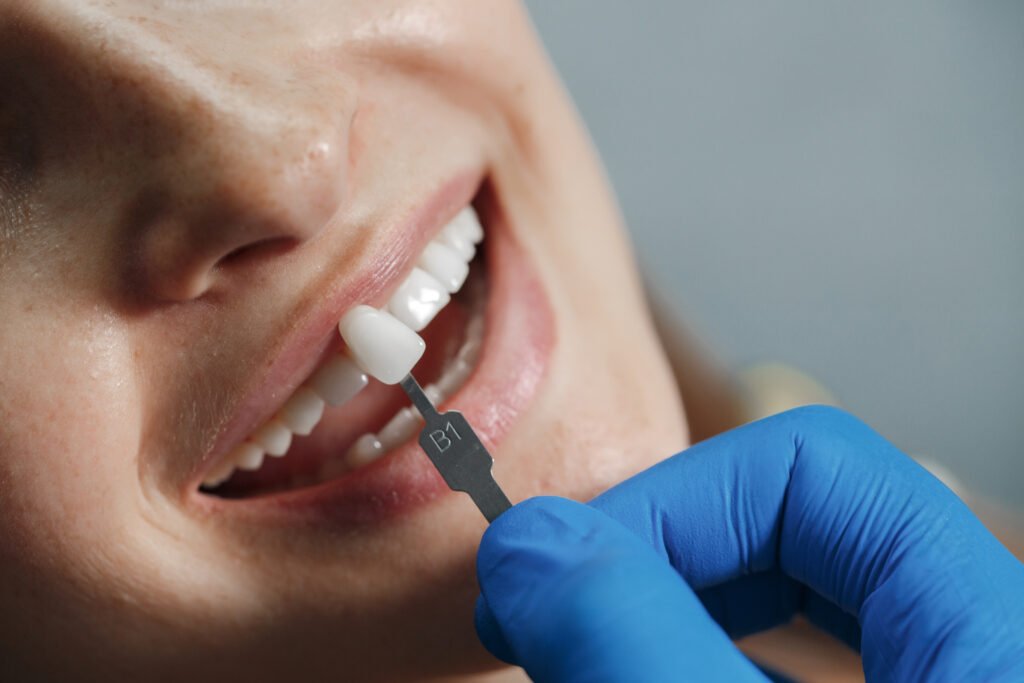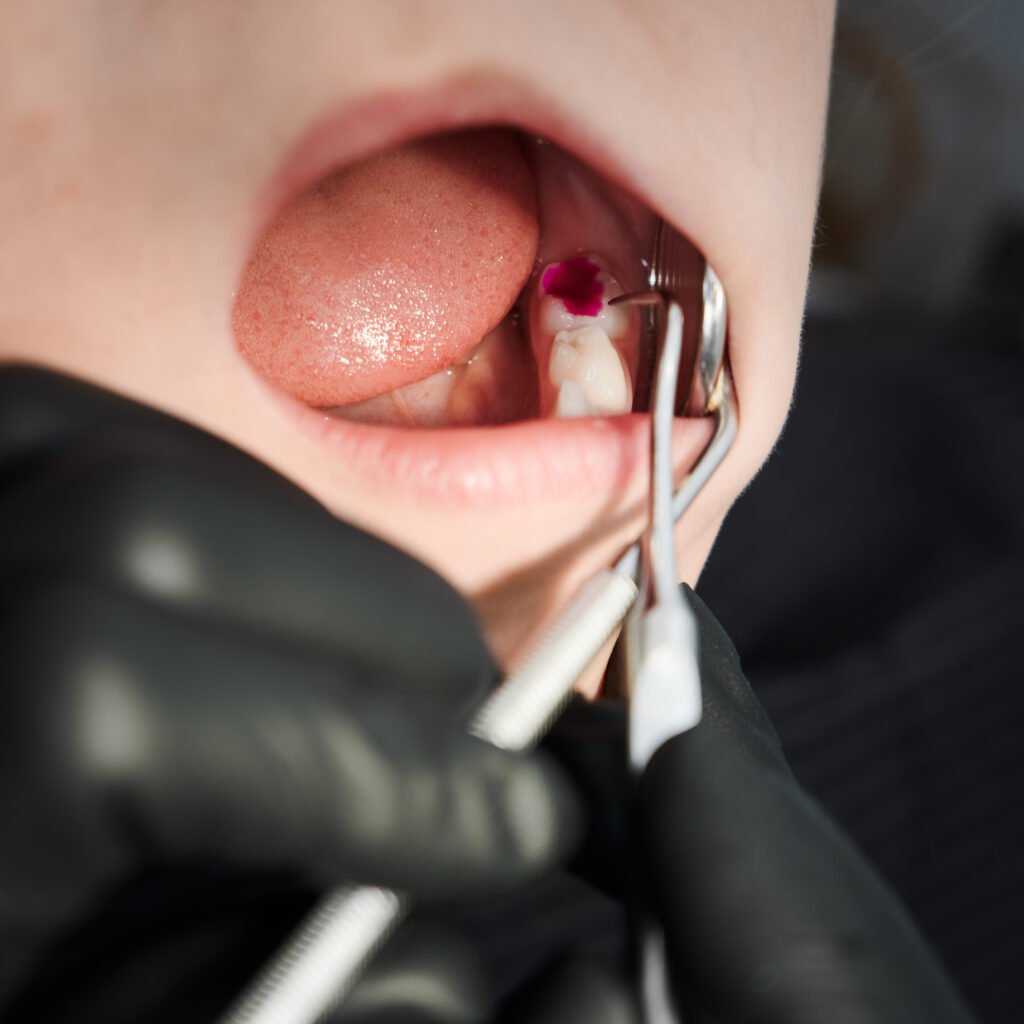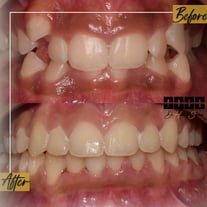Doctor’s column Dr. Tariq Mustafa Executive Director and EndodontistDr. Tarek Mustafa is a highly experienced and distinguished dentist and serves as the Executive Director of Dental Care Clinic. He specializes in endodontists and has developed his skills to provide exceptional dental care.Dr. Tarek's extensive experience and expertise enable him to perform root canal treatments with …
Doctor’s column
Dr. Tariq Mustafa

Executive Director and Endodontist
Dr. Tarek Mustafa is a highly experienced and distinguished dentist and serves as the Executive Director of Dental Care Clinic. He specializes in endodontists and has developed his skills to provide exceptional dental care.
Dr. Tarek’s extensive experience and expertise enable him to perform root canal treatments with precision and care. His commitment to patient comfort and satisfaction is evident in his friendly and accommodating manner.
أنشر المقالة
What is gum recession?
Gum recession is a form of gum disease that occurs when gum tissue recedes away from the surface of the teeth. This can expose the roots of the teeth, making them appear larger than normal. It also puts the teeth at risk for infection and decay due to the spaces between the teeth and gum line, which increase bacteria buildup.
Causes of receding gums
There are multiple causes that lead to gum recession, the most notable of which include:
Genetic factors: People with a family history of gum disease are more likely to experience gum recession.
Gum disease: Bacterial infections can destroy the tissues that support the teeth.
Neglecting oral hygiene: Plaque buildup due to not using dental floss or mouthwash contributes to gum recession.
Brushing too hard: Using a hard toothbrush and brushing aggressively can wear down the gums.
Smoking: Smoking reduces saliva production and increases bacterial buildup, leading to gum recession.
Teeth grinding: Excessive pressure from grinding or clenching the teeth can lead to gum recession.
Crooked teeth: Misaligned teeth may place extra pressure on the gums, causing them to recede.
Hormonal changes: Hormonal fluctuations during pregnancy or menopause can increase gum sensitivity and lead to recession.
Diabetes: Diabetes affects oral health and increases the risk of gum disease and recession.
Certain medications: Some medications cause dry mouth, which increases the risk of tooth decay and gum disease.
Symptoms of Gum Recession
The most common symptoms indicating gum recession include:
Bleeding gums while brushing.
Redness and swelling of the gums.
Pain along the gum line.
Exposure of tooth roots.
Bad breath.
Loose teeth or tooth loss in advanced stages.
Gaps forming between teeth.
Is Gum Recession Serious?
Yes, if left untreated, gum recession can lead to jawbone damage and tooth loss. That’s why it’s important to see a dentist as soon as you notice any symptoms.
Treatment of Gum Recession
Gum recession can be treated in various ways depending on the cause and severity:
Non-surgical treatment: Includes medications, orthodontic treatments to reposition the teeth, and dental fillings.
Surgical treatment: In advanced cases, treatment may involve deep cleaning of the tooth and root surfaces or gum graft surgery to protect the roots.
Prevention of Gum Recession
To prevent gum recession:
Brush your teeth twice daily.
Use dental floss regularly.
Visit your dentist for regular checkups.
Avoid smoking.
If you’re experiencing gum recession, you can consult Dr. Tarek Mostafa at Dental Care Clinic for the best treatment options.






